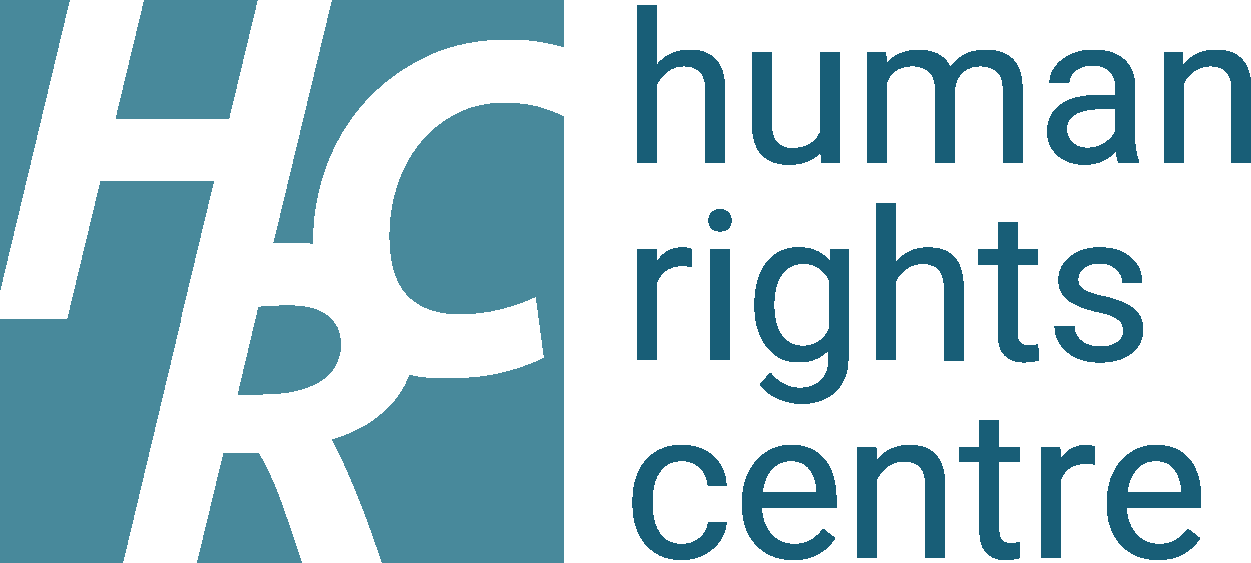The Vision of the European Court of Human Rights on Europe’s Past and History
The research should focus on a legal analysis of Strasburg case law on history, when the Court was asked to rule on the so-called ‘historical situations’ (to bring justice to those accused of war crimes, to protect the rights of mass atrocities victims and their relatives, to deal with Holocaust and genocide deniers, to punish pro-Nazi statements and communist propaganda, to prohibit totalitarian symbols, etc.). The aim is to answer the following questions: What are the approaches the Court uses when dealing with the past? Is there a single interpretation of the same historical events or does the Court’s position differ from case to case and evolves with time? What is the Court’s role in constructing European historical narratives and, more generally, should the Court perform a function of historical reconciliation rather than historical justice?
